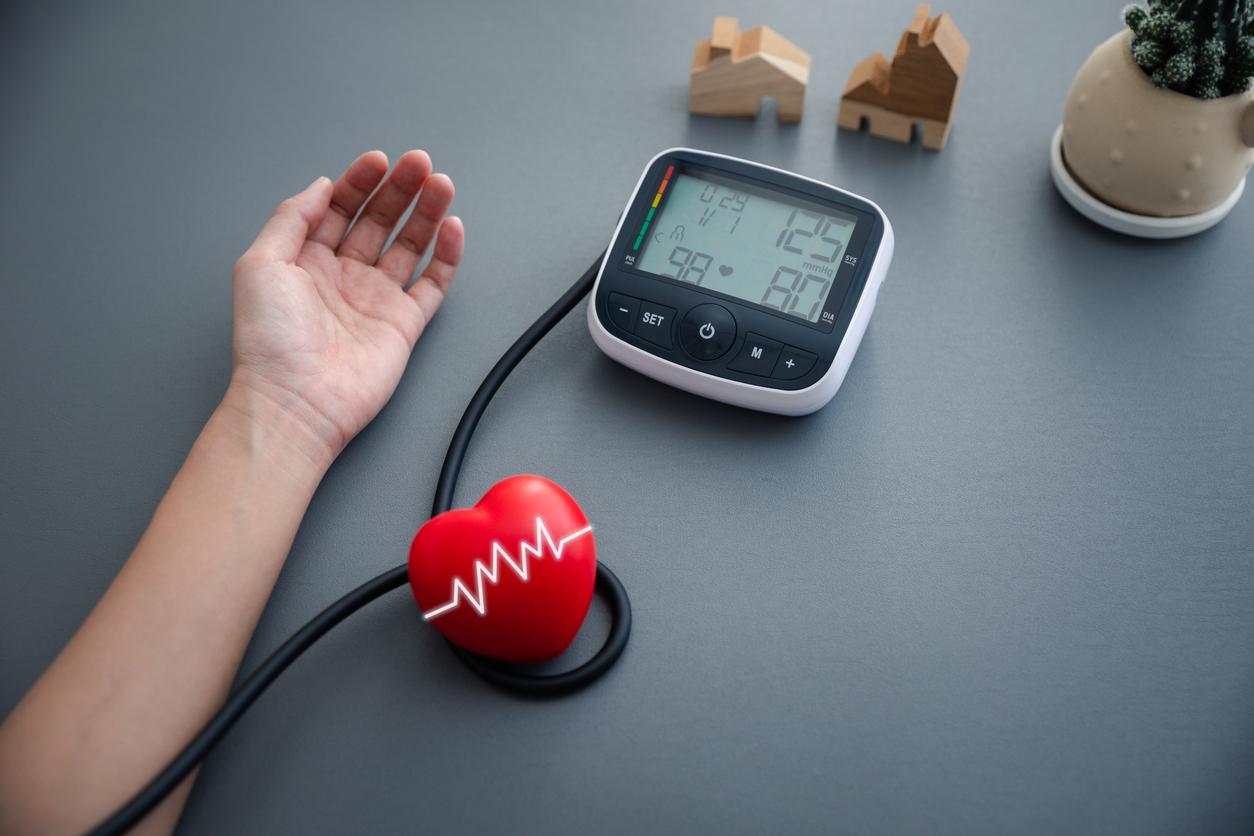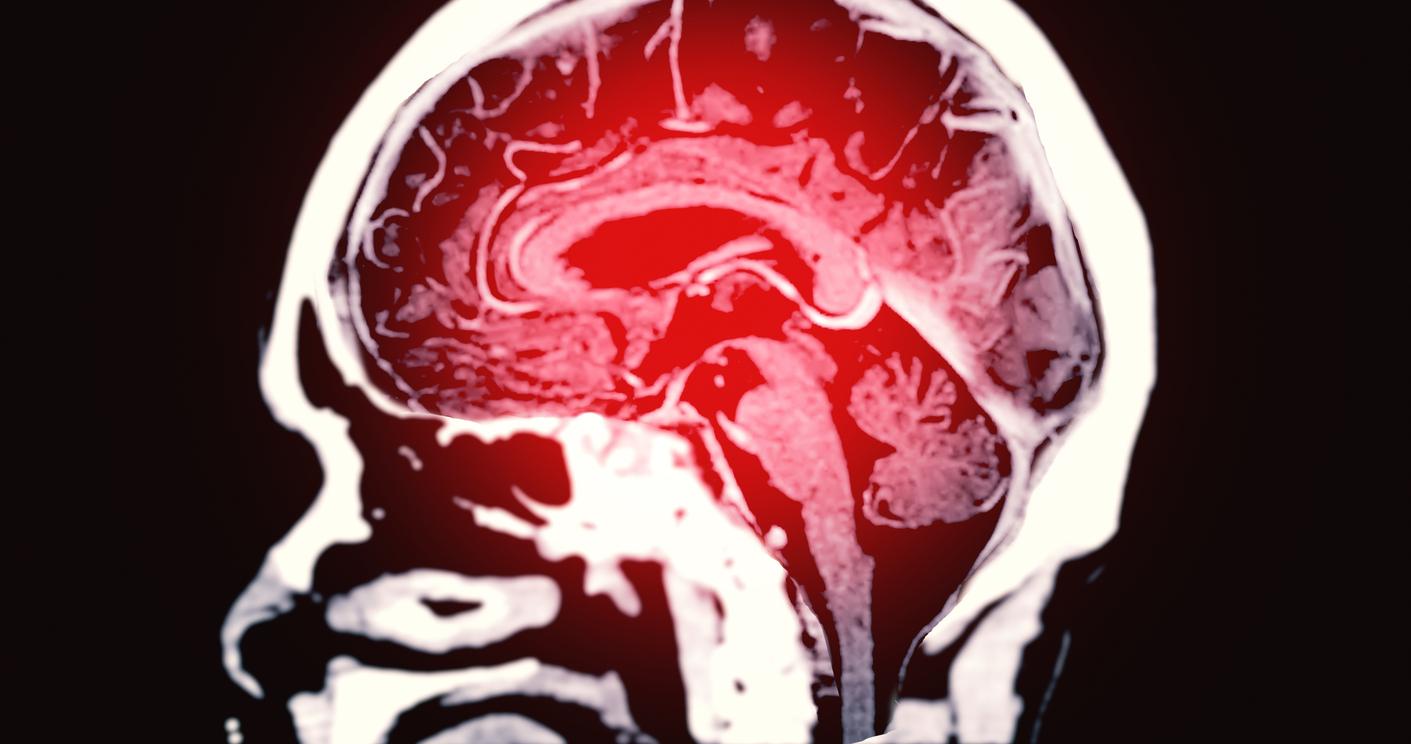Researchers have identified two probiotics that may help fight hypertension.

- A new study has identified antihypertensive effects in two probiotics.
- Blood pressure in hypertensive mice returned to healthy levels after treatment with Bifidobacterium lactis or Lactobacillus rhamnosus.
- For researchers, there is a link between the intestinal microbiota and blood pressure.
Probiotics, microorganisms that contribute to the constitution of the microbiota, are not only beneficial to our intestinal health. They could also help fight high blood pressure. Two new strains have shown interesting antihypertensive effects, according to a study published in the journal mSystems on October 19, 2023.
HT: 2 probiotics help regulate blood pressure
To evaluate the effectiveness of 2 probiotic strains – called Bifidobacterium lactis And Lactobacillus rhamnosus – in the reduction of blood pressure, the researchers carried out a preliminary study on mice. They were fed a diet high in fructose, known to increase blood pressure. One group did not receive a probiotic, another took Bifidobacterium lactis and a third of Lactobacillus rhamnosus. A group witness had no probiotics or fructose, only plain water. The results showed that rodents treated with the probiotics had significantly lower blood pressure than those fed fructose and not treated with the microorganisms.
In addition, there was no difference between the blood pressures of the mice given fructose and probiotics and those of the control group. For researchers, this suggests that probiotics maintain blood pressure at normal levels.
“Accumulating evidence supports an antihypertensive effect of probiotics and probiotic fermented foods in experiments in vitro and in vivo”explains one of the researchers Jun Li from the University of Hong Kong in a press release. “So we thought that dietary intake of probiotic foods would complement traditional treatment of hypertension well.”

Intestinal microbiota: it may have an effect on blood pressure
To understand the underlying mechanisms of probiotic action, the researchers also analyzed the intestinal microbiota of mice. They found that the high-fructose diet led to imbalances in the populations of certain gut bacteria, including an increase in Bacteroidetes and a reduction in bacteria Firmicutes.
However, treatment with probiotics restored these populations to levels similar to those of the control group. This suggests that they could help maintain blood pressure at normal levels by restoring the balance of the intestinal microbiota.
“In addition, the analysis identified new microbial signatures associated with blood pressure: increased levels of bacteria Lawsonia And Pyrolobusand reduced levels ofAlistipes and D’Alloprevotellawere associated with lower blood pressure”, specifies the communicated.
The scientists plan to continue their research to see if the protective effect of probiotics seen in mice is similar in people with hypertension.

















